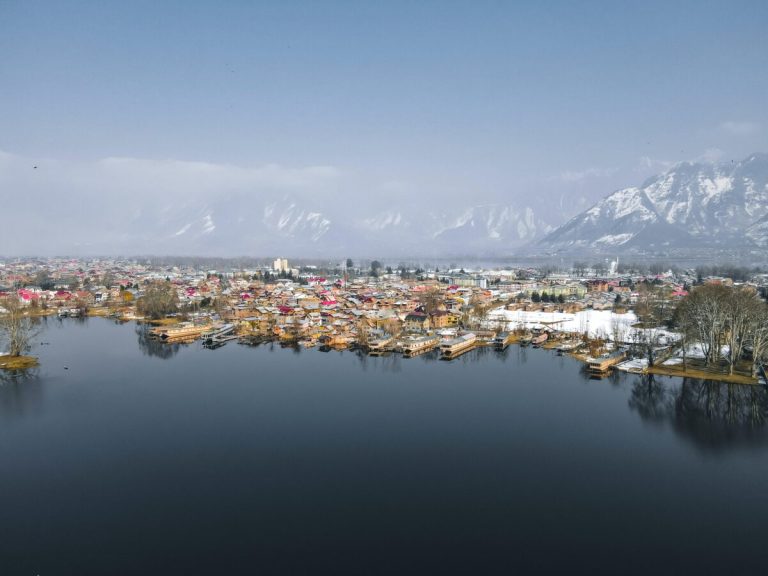`)
}
});
} else {
$(‘.blur’).css({
‘background’: ‘linear-gradient(95deg, #4e4e4e 25%, #000 45%, #bbb 75%, #FFFFFF 100%) 98%/200% 100%’,
‘text-transform’: ‘inherit’,
‘-webkit-background-clip’: ‘text’,
‘background-clip’: ‘text’,
‘-webkit-text-fill-color’: ‘transparent’
})
$(“.wpb_content_element”).append(`
Want to read more?
Click on the button below to access all premium content
articles by purchasing one of our educational packages
GET PREMIUM
`)
}
});
India and Kashmir: The Constitutional Journey of Article 370:
On December 11th India’s Supreme Court delivered a unanimous verdict, to uphold the government’s 2019 decision to revoke Article 370 of India’s constitution. In so doing, it overturned the semi-autonomous status of Jammu & Kashmir, India’s only Muslim-majority state. Although greatly opposed by many, particularly Kashmiris, it was a priority of the Hindu nationalist Bharatiya Janata Party (BJP) which took power in 2019 and had always opposed the Article. Arguing the move to abrogate the Article was aimed at bringing Jammu and Kashmir on par with other states of India and promote the development and progress of the region.
The roots of Article 370 can be traced back to the end of



